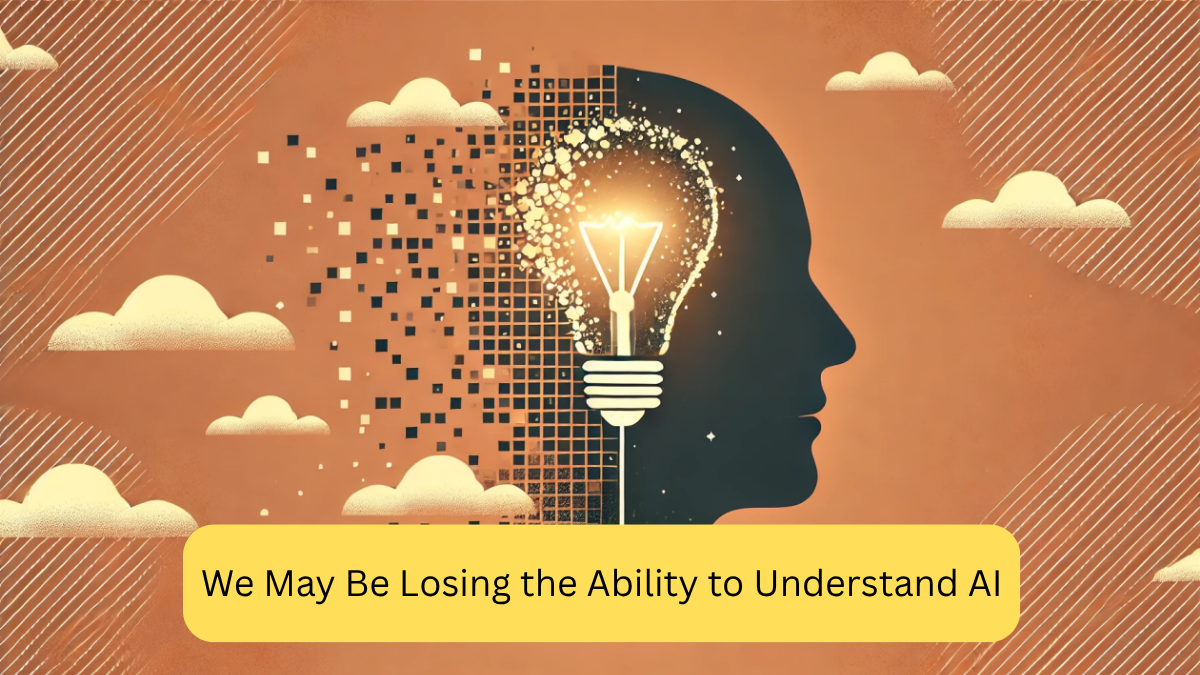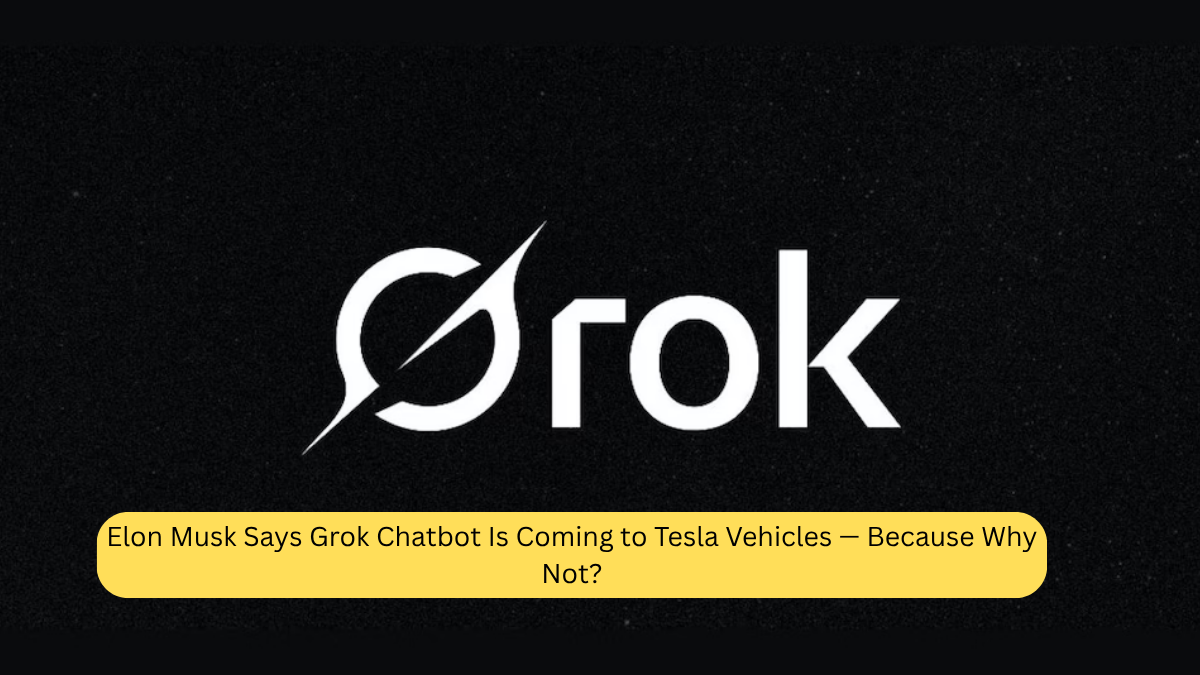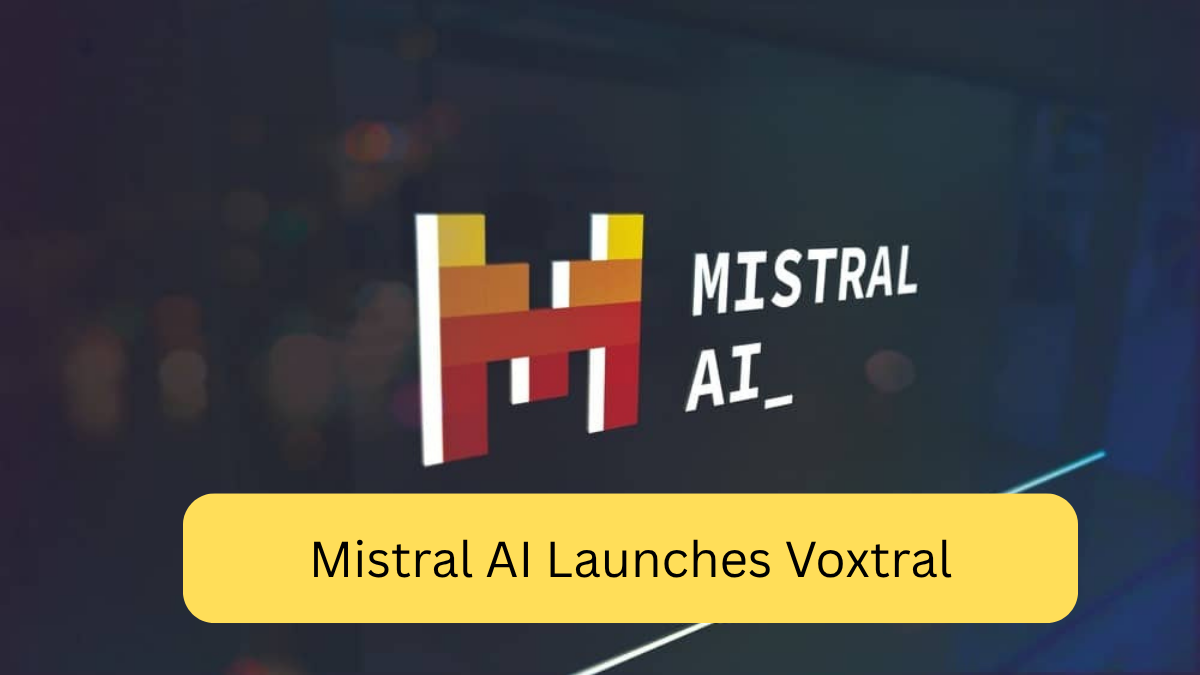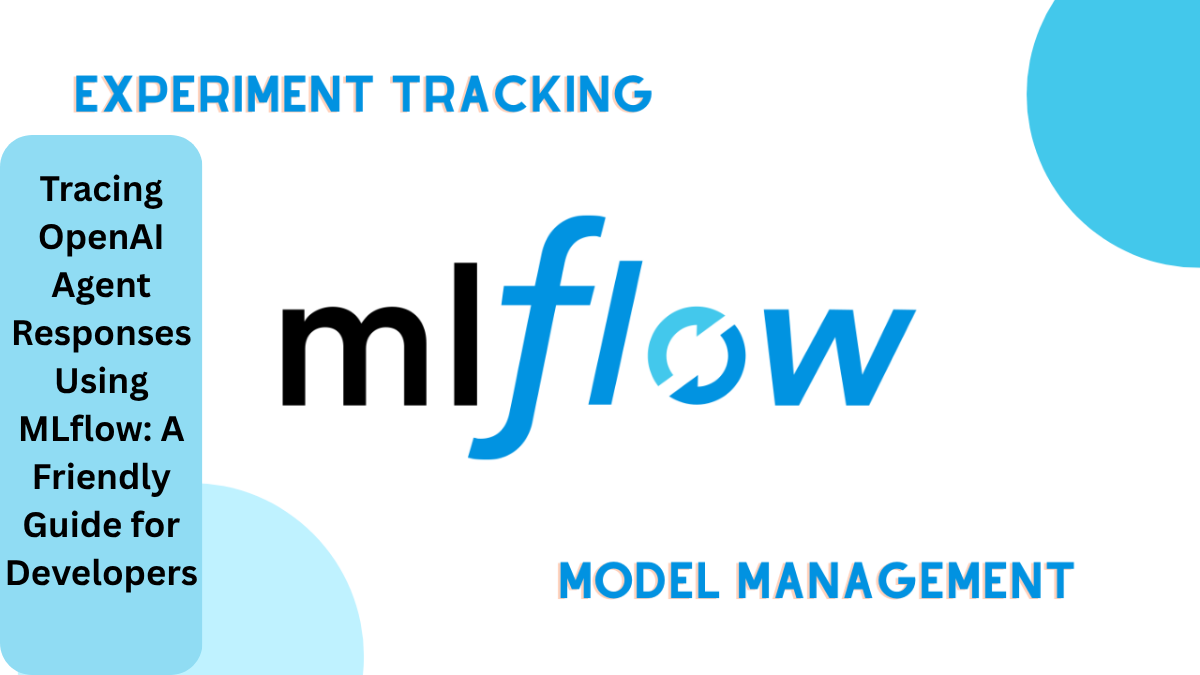We May Be Losing the Ability to Understand AI: Top AI research labs warn that AI systems are becoming so complex, we may no longer fully understand how they work. Learn what this means for the future of artificial intelligence, safety, and transparency.
The Warning From AI’s Top Minds
In an unprecedented move, three of the world’s leading artificial intelligence research labs—OpenAI, Google DeepMind, and Anthropic—have issued a serious warning: “We may be losing the ability to understand AI.” This statement reflects a growing concern in the tech world that as AI becomes more powerful, it is also becoming harder to explain, predict, and control.
With the rise of models like GPT-4, Gemini, and Claude, we’re entering an era where AI systems are not only highly intelligent but also deeply opaque. Even the experts who design these systems often struggle to explain why they behave the way they do. This black-box nature of modern AI has sparked a new wave of concern about transparency, safety, and ethical responsibility.
Why Are AI Systems Becoming Hard to Understand?
Modern AI systems, especially deep learning models, operate with billions of parameters. These parameters are adjusted during training by exposing the model to vast datasets from the internet. The result is a system that can generate human-like text, make decisions, summarize documents, and even write code.
But there’s a catch: while these models perform exceptionally well, the logic behind their decisions is not always clear. Unlike traditional software, where you can trace a bug to a line of code, AI behavior is shaped by a complex web of weights and training data that defies straightforward explanation.
This lack of clarity is what researchers mean when they say we’re “losing the ability to understand AI.”
What Are the Risks?
The risks of not understanding AI systems are both practical and ethical. Here’s why this matters:
- Loss of Interpretability: When we don’t understand why AI gives certain answers, we can’t easily identify errors or biases.
- Fairness and Accountability: If AI makes a decision—like denying a loan or recommending a prison sentence—how do we ensure it was fair?
- Loss of Trust: If users, companies, or governments can’t trust how AI works, they may resist using it.
- Unexpected Behavior: As seen in some cases, AI can exhibit strange or dangerous outputs, especially when prompted in the wrong way.
- Security and Control Issues: Misaligned or poorly understood models could potentially act in ways we don’t intend or expect.
What Are Leading Labs Doing About It?
Despite these concerns, leading AI labs are not standing still. In fact, OpenAI, Google DeepMind, and Anthropic are actively working to make AI safer, more transparent, and more understandable.
Here are a few initiatives in progress:
- Interpretability Research: Teams are building tools that allow scientists to “peek inside” AI models and understand how different neurons respond to inputs.
- AI Alignment: This is the process of making sure AI systems follow human intentions and values. It involves red-teaming, adversarial testing, and constant evaluation.
- Global Collaboration: These companies are increasingly working with governments, universities, and other AI organizations to create common standards for safety and ethics.
- Open Research Sharing: While some research is kept private for safety reasons, many interpretability tools, benchmarks, and studies are openly shared.
What This Means for the Public
If you’re a casual user of AI tools like ChatGPT, Gemini, or Claude, this warning might seem abstract—but it has very real-world implications:
- ✅ You may soon see more disclaimers on AI products about their limitations.
- ✅ Regulators may step in, requiring AI developers to prove that their systems are explainable and safe.
- ✅ Businesses may choose simpler or more transparent AI models to ensure compliance and avoid reputational risks.
- ✅ Ethical debates will heat up about where and how we should use AI in healthcare, law, finance, and education.
Looking Ahead: A Call for Caution and Clarity
The warning from OpenAI, Google DeepMind, and Anthropic isn’t meant to stall progress—it’s a call for responsible innovation. As AI becomes more capable, we must double down on our efforts to understand, explain, and control it.
Losing the ability to understand AI doesn’t mean all hope is lost. It means we need to invest more in AI transparency, ethics, and education. We need AI that not only works but that we can trust.
The future of artificial intelligence depends not just on what it can do—but on how well we can understand and guide it.








1 thought on “OpenAI, Google DeepMind, and Anthropic Sound the Alarm: “We May Be Losing the Ability to Understand AI””